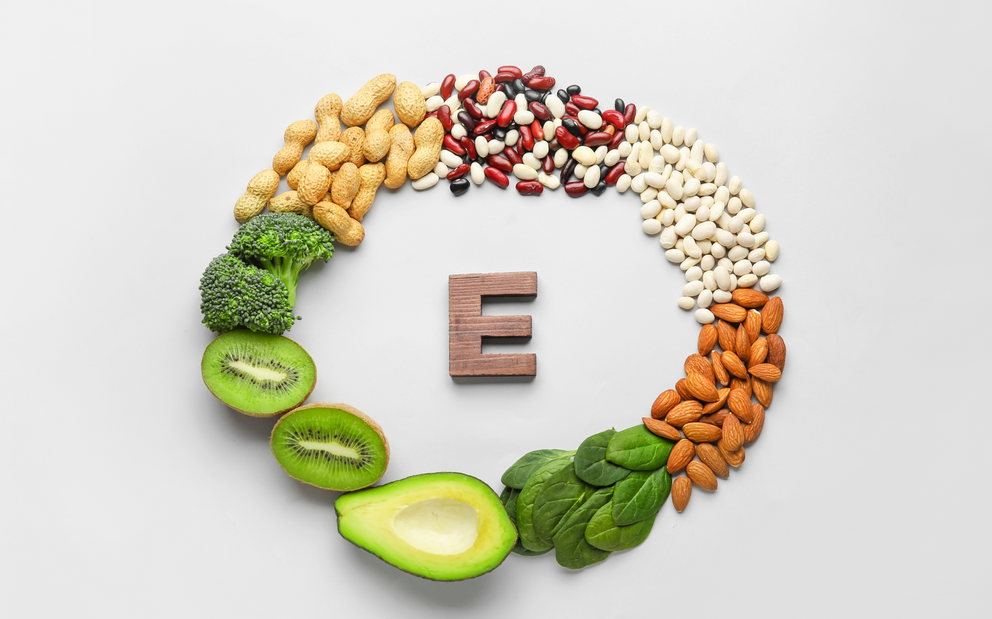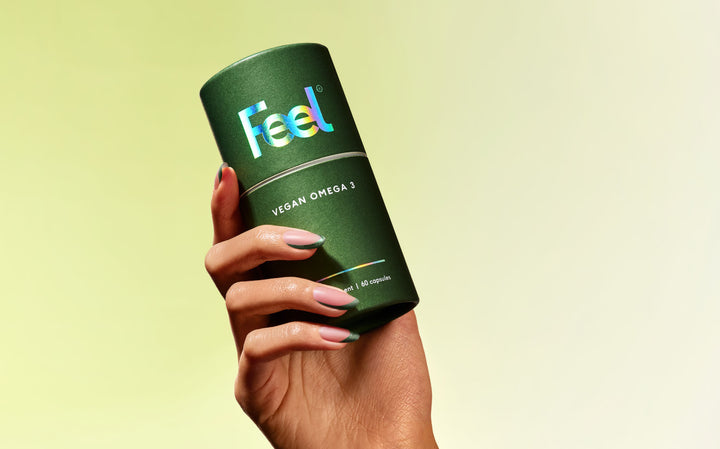Using the best form of Vitamin E: synthetic vitamin E vs natural succinate
Table of contents

What forms of vitamin E are there?
In supplements, vitamin E generally comes in the following forms:
- Synthetic vitamin E from petrochemicals
- Natural succinate or another form of natural alpha-tocopherol
The difference?
Vitamin E naturally occurs in the form of D-α-tocopherol, and synthetic vitamin E, or DL-α-tocopherol acetate, is derived from fossil fuels, which makes it similar to gasoline and plastic. While there is no significant basis for the belief that synthetic vitamin E is harmful, there are reasons to suspect that alpha-tocopherol in its natural form is better for the body and more effective at treating oxidative stress and other conditions.
Among the essential vitamins, alpha-tocopherol is relatively unique. Its main function is as an antioxidant, and it is not water-soluble. Without enough vitamin E, your free radical balance will get thrown off, and you’ll experience oxidative stress. At the same time, this essential nutrient isn’t involved in a lot of arcane neuronal signalling or hormonal processes like some of the other vitamins.
Therefore, the science of vitamin E is relatively straightforward, and the main purpose of switching to synthetic vitamin E isn’t compelling evidence of increased bioavailability. Rather, natural vitamin E is cleaner and safer, and if it does have better bioavailability, all the more reason to love natural alpha-tocopherol. There’s no difference between natural alpha-tocopherol and vitamin E succinate; the term “succinate” just has to do with how the nutrient is prepared.
Takeaways:
- Synthetic vitamin E is made from toxic petrochemicals, and it may have poor bioavailability
- Natural vitamin E succinate comes from plant sources, and it appears to lead to higher alpha-tocopherol levels in the body
Why is vitamin E in natural succinate form better?
In animal studies, switching to natural vitamin E improves tissue retention of alpha-tocopherol and overall meat quality. For decades, the existing scientific orthodoxy has protested that synthetic vitamin E offers the same performance of natural vitamin E, but new evidence is overturning these established beliefs and proving that the natural form is better for your body.
Natural forms of vitamin E are easy for your body to process, and they’re better for the environment. The more that we rely on plants instead of fossil fuels, the faster we move toward a clean, renewable future.
Takeaways:
- Long considered to be just as bioavailable as natural alpha-tocopherol, synthetic vitamin E is now coming under scrutiny
- Natural vitamin E succinate may have better antioxidant potential than synthetic tocopherol
Why do we use vitamin E natural succinate instead of other forms?
Your body’s antioxidant levels need to stay in balance, and vitamin E is one of the most powerful and reliable antioxidant known to the world of nutrition science. If there’s any flaw with our current methods of delivering vitamin E, then we should eliminate it. What we know for certain is that alpha-tocopherol that exactly resembles the vitamin E in your body has great bioavailability, and we know that natural vitamin E succinate has the added benefit of not coming from fossil fuels.
Here at WeAreFeel, we want to help your body and help the environment. Taking supplements, the natural way is the best way to boost your health, and choosing natural supplement forms is also better for the Earth.























































 Back
Back





